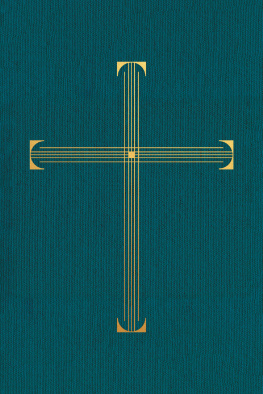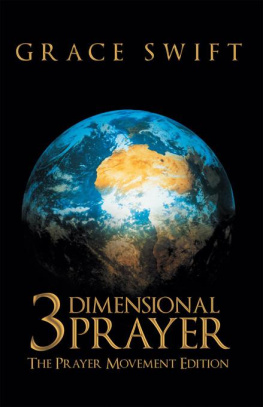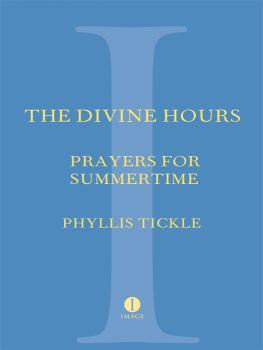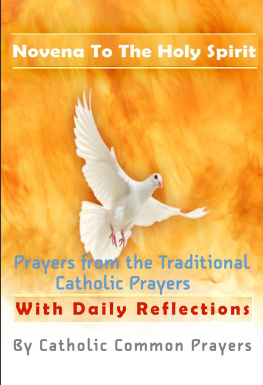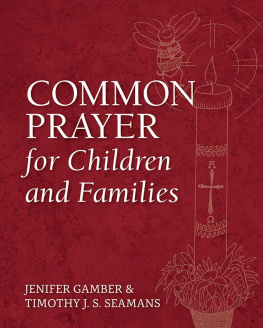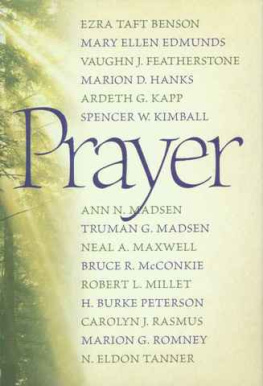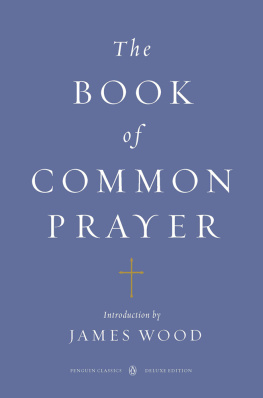Sommaire
Pagination de l'dition papier
Guide
THE BOOK OF
COMMON PR A YER
AND ADMINISTRATION OF THE
SACRAMENTS AND OTHER RITES
AND CEREMONIES OF THE CHURCH
TOGETHER WITH THE PSALTER OR
PSALMS OF DAVID, POINTED AS THEY
ARE TO BE SUNG OR SAID IN CHURCHES;
AND THE FORM OR MANNER OF MAKING,
ORDAINING, AND CONSECRATING OF
BISHOPS, PRIESTS, AND DEACONS
InterVarsity Press
P.O. Box 1400, Downers Grove, IL 60515-1426
ivpress.com
New material and updated language 2021 by Samuel L. Bray and Drew Nathaniel Keane.
Churches and similar ministries are welcome to reproduce sections from The 1662 Book of Common Prayer: International Edition in bulletins or other resources for use in worship services. Please use the following credit line: Taken from The 1662 Book of Common Prayer: International Edition (IVP Academic 2021). All rights to new material and updated language reserved.
Please contact InterVarsity Press to request permission for all other uses, including all commercial uses:
InterVarsity Press is the book-publishing division of InterVarsity Christian Fellowship/USA, a movement of students and faculty active on campus at hundreds of universities, colleges, and schools of nursing in the United States of America, and a member movement of the International Fellowship of Evangelical Students. For information about local and regional activities, visit intervarsity.org.
The publisher can't verify the accuracy of website hyperlinks beyond the date of print publication.
Cover design: David Fassett
ISBN 978-0-8308-4193-6 (digital)
ISBN 978-0-8308-4192-9 (print)
This digital document has been produced by Nord Compo.
This is an international edition of the 1662 text of The Book of Common Prayer and Administration of the Sacraments and Other Rites and Ceremonies of the Church, together with the Psalter and Ordinal. It employs less archaic spelling and punctuation, modestly updates obscure expressions, and includes prayers for civil authorities that may be used regardless of nation or polity.
The Preface.
I T hath been the wisdom of the Church of England, ever since the first compiling of her public liturgy, to keep the mean between the two extremes of too much stiffness in refusing and of too much easiness in admitting any variation from it. For, as on the one side common experience showeth that where a change hath been made of things advisedly established (no evident necessity so requiring) sundry inconveniences have thereupon ensued, and those many times more and greater than the evils that were intended to be remedied by such change; so on the other side, the particular forms of divine worship, and the rites and ceremonies appointed to be used therein, being things in their own nature indifferent and alterable, and so acknowledged, it is but reasonable that upon weighty and important considerations, according to the various exigency of times and occasions, such changes and alterations should be made therein as to those that are in place of authority should from time to time seem either necessary or expedient. Accordingly we find that in the reigns of several princes of blessed memory since the Reformation, the church, upon just and weighty considerations her thereunto moving, hath yielded to make such alterations in some particulars as in their respective times were thought convenient. Yet so as that the main body and essentials of it (as well in the chiefest materials, as in the frame and order thereof) have still continued the same unto this day, and do yet stand firm and unshaken, notwithstanding all the vain attempts and impetuous assaults made against it by such men as are given to change and have always discovered a greater regard to their own private fancies and interests than to that duty they owe to the public.
By what undue means and for what mischievous purposes the use of the liturgy (though enjoined by the laws of the land, and those laws never yet repealed) came, during the late unhappy confusions, to be discontinued is too well known to the world, and we are not willing here to remember. But when, upon His Majestys happy restoration, it seemed probable that, amongst other things, the use of the liturgy also would return of course (the same having never been legally abolished), unless some timely means were used to prevent it, those men who under the late usurped powers had made it a great part of their business to render the people disaffected thereunto saw themselves in point of reputation and interest concerned (unless they would freely acknowledge themselves to have erred, which such men are very hardly brought to do) with their utmost endeavours to hinder the restitution thereof. In order whereunto divers pamphlets were published against the Book of Common Prayer, the old objections mustered up, with the addition of some new ones, more than formerly had been made, to make the number swell. In fine, great importunities were used to His Sacred Majesty that the said book might be revised, and such alterations therein, and additions thereunto made, as should be thought requisite for the ease of tender consciences; whereunto His Majesty, out of his pious inclination to give satisfaction (so far as could be reasonably expected) to all his subjects of what persuasion soever, did graciously condescend.
In which review we have endeavoured to observe the like moderation as we find to have been used in the like case in former times. And therefore of the sundry alterations proposed unto us, we have rejected all such as were either of dangerous consequence (as secretly striking at some established doctrine or laudable practice of the Church of England, or indeed of the whole catholic church of Christ) or else of no consequence at all, but utterly frivolous and vain. But such alterations as were tendered to us (by what persons, under what pretences, or to what purpose soever so tendered) as seemed to us in any degree requisite or expedient, we have willingly and of our own accord assented unto, not enforced so to do by any strength of argument convincing us of the necessity of making the said alterations. For we are fully persuaded in our judgements (and we here profess it to the world) that the book, as it stood before established by law, doth not contain in it anything contrary to the word of God, or to sound doctrine, or which a godly man may not with a good conscience use and submit unto, or which is not fairly defensible against any that shall oppose the same, if it shall be allowed such just and favourable construction as in common equity ought to be allowed to all human writings, especially such as are set forth by authority, and even to the very best translations of the holy Scripture itself.
Our general aim therefore in this undertaking was not to gratify this or that party in any their unreasonable demands, but to do that which to our best understandings we conceived might most tend to the preservation of peace and unity in the church, the procuring of reverence and exciting of piety and devotion in the public worship of God, and the cutting off occasion from them that seek occasion of cavil or quarrel against the liturgy of the church. And as to the several variations from the former book, whether by alteration, addition, or otherwise, it shall suffice to give this general account, that most of the alterations were made, either first, for the better direction of them that are to officiate in any part of divine service, which is chiefly done in the calendars and rubrics; or secondly, for the more proper expressing of some words or phrases of ancient usage in terms more suitable to the language of the present times, and the clearer explanation of some other words and phrases that were either of doubtful signification or otherwise liable to misconstruction; or thirdly, for a more perfect rendering of such portions of holy Scripture as are inserted into the liturgy, which in the epistles and gospels especially and in sundry other places are now ordered to be read according to the last translation; and that it was thought convenient that some prayers and thanksgivings fitted to special occasions should be added in their due places, particularly for those at sea, together with an office for the baptism of such as are of riper years, which although not so necessary when the former book was compiled, yet by the growth of Anabaptism, through the licentiousness of the late times crept in amongst us, is now become necessary, and may be always useful for the baptizing of natives in our plantations and others converted to the faith.

